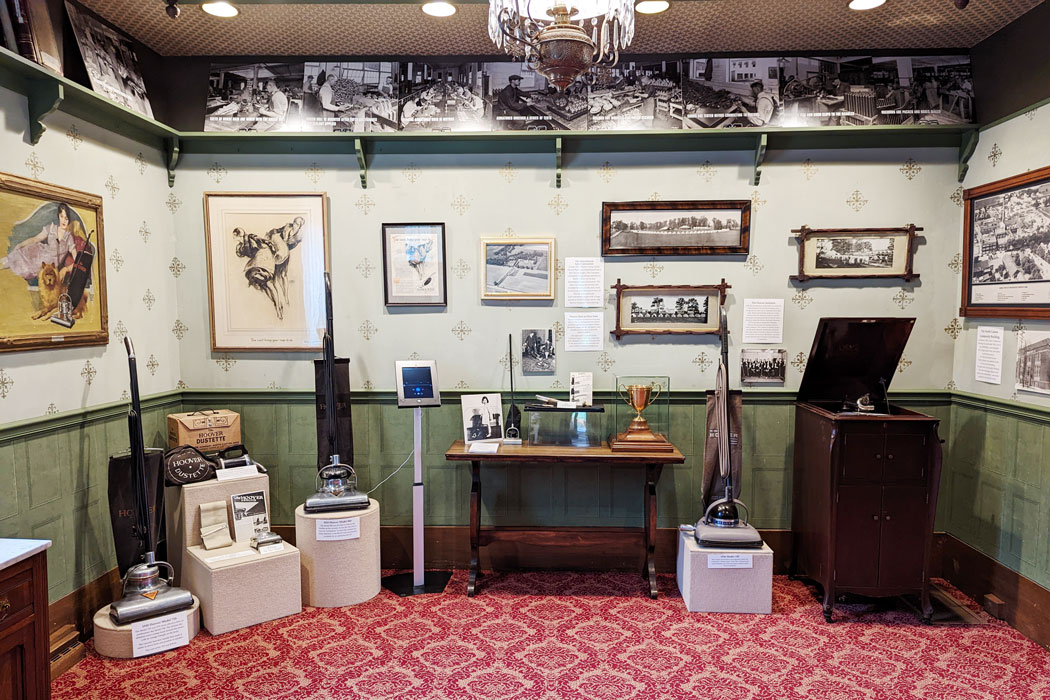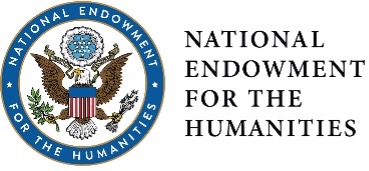
Walsh University has been awarded a grant from the National Endowment for the Humanities (NEH), to help preserve and care for the Hoover Historical Center (HHC) collections, archives, photographs, and records, and to begin taking steps to provide suitable storage space and infrastructure to house its permanent collection. The NEH is an independent federal agency that funds research and learning in history, literature, philosophy and other areas of humanities.
The HHC, located on the north side of campus, requested the funding for the implementation of extensive environmental monitoring of collection spaces. In addition to an automated data logger system and sensors, a conservator at Intermuseum Conservation Association (ICA) will provide educational resources and a workshop on the importance of environmental monitoring for museum collections care, the use of data loggers and how to analyze the collected information.
The HHC collections contain artifacts from over 130 years of Hoover history, as well as objects and archives related to the Hoover family. It provides a history of industrial growth and technological development through the lens of one corporation’s successes that continue to this day. The variety of Hoover appliances that the HHC has accumulated is unrivaled. The Center also houses original documents from The Hoover Company’s history and architectural renderings of factories around the world. Additionally, the collection comprises approximately 3,000 objects – historic vacuums, appliances, artwork, and marketing objects – 20,000 archival artifacts, and 17,000 negatives.
While the buildings that house the HHC collection have HVAC systems, there is currently no way to monitor and track the environmental conditions on a regular basis. This grant of nearly $10,000 will greatly enhance the ability of the HHC to conduct extensive environmental monitoring of the 1853 Farmhouse and primitive 1840’s Tannery, both donated by Hoover to Walsh University as well as the Union Building on Main Street, which was donated to Walsh University by the International Brotherhood of Electrical Workers.
This grant is the first in a series that, when completed, will strengthen the ability of the museum to serve the public by guaranteeing that the collection, including artifacts and archival materials, will be maintained and displayed in facilities that are structurally and environmentally sound and that will provide ease of access to all items in the collection.
The HHC collection serves both the Walsh faculty and students as well as the greater community. In 2022, the museum provided tours, public presentations, and special events to an audience of 3,344 people from 18 states and Canada. Director of Museum Studies and the Hoover Historical Center, Megan Pellegrino, stated, “To receive a grant from the National Endowment for the Humanities demonstrates the significance of our collections and the importance of their safekeeping. This grant, and those that follow, will ensure that we have the knowledge and resources to protect these objects for future generations of researchers and visitors."
Any views, findings, conclusions, or recommendations expressed in this {article, book, exhibition, film, program, database, report, Web resource}, do not necessarily represent those of the National Endowment for the Humanities.
